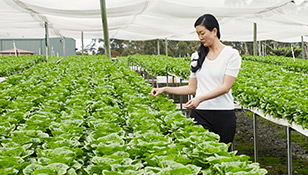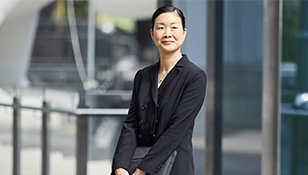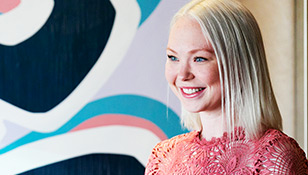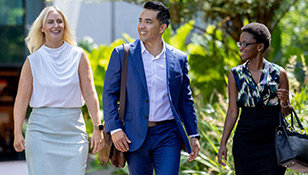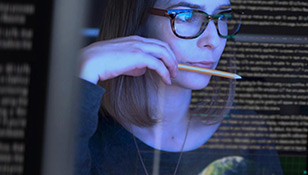Talking 'bout your generation
6-minute read
How can leaders make sustainable decisions that create value now and for the long term? Professor Nick Barter, course convenor of Sustainability and Systems Thinking in the Griffith MBA, says it helps to think about generational goals and the personal impacts of big issues.
Sustainability, strategy and systems thinking
So, you’ve been tasked with putting together a sustainability strategy. Or perhaps embedding sustainability into your organisational strategy. What do you do next?
How do you identify the opportunities and risks that sustainability-related change presents? And how do you develop a plan that will enable your business to take advantage of possibilities, while protecting itself from emerging threats?
Begin by considering the world more holistically, Professor Barter suggests.
“Business, society, the environment – people put them all in separate buckets. But systems thinking is about recognising that these elements interlink. To deliver the best outcomes for each, you need to address them altogether.
“Organisations can be powerful forces for good. They mould our desires and shape our behaviours. This runs much deeper than persuasive advertising. Organisations are humanities’ ‘way of doing’. They give us a model through which we can collaborate, create and collectively problem solve.
“Enterprise leaders have a wonderful opportunity to bring about positive change. The Sustainability and Systems Thinking course gives our Griffith MBA graduates tools and strategies they can use to instil a sustainability mindset across their business.”
What can you achieve in 30 years?
“I talk a lot about stewardship and the idea of ‘what are we leaving behind?’,” Professor Barter says.
As a leader, what do you want your legacy to be?
This is the question Professor Barter encourages students to ask in their professional (and personal) lives.
“I talk a lot about stewardship and the idea of ‘what are we leaving behind?’,” Professor Barter says.
“Many students undertaking an MBA have a lot of valuable life experience. They are often either raising families or caring for older relatives. So they are naturally starting to think about different generational priorities.
“My aim is to help them connect these personal reflections with business strategy.
“Thirty years is a digestible period. If you’re approaching your 40s, you can remember the world when you were a child. Think about how it has changed between then and now.
“Imagine what might unfold in the next 20 to 30 years. How can you make the right choices today to create a business your children will be proud of tomorrow?”
These questions are central to Professor Barter’s wider research and explored in detail in his upcoming book, which looks at how business value is optimised for the long term when society thrives.
Greed is good (sort of!)
Short-term discomfort and monetary gains are two of the most likely factors to derail sustainability initiatives, Professor Barter says. Yet, the conundrum is that meaningful organisational change takes time and effort.
Leaders must help shift the collective mindset so that people become more open to the benefits of pursuing longer term value creation over shorter term goals.
“People are not necessarily greedy, but they are self-interested,” Professor Barter clarifies.
“One of the key things we do in this course is guide students to collapse big ideas around society into things that look more like self-interest.
“Regarding climate change, for example, we ask students ‘what do you want for yourself?’. Would you want to drink this water? Would you want your kids to breathe this air? Would you want your family to live next door to this project?”
By re-framing major sustainability issues as personal impacts, leaders can set people on a different path. They can inspire them to genuinely want to change, creating a positive flow-on effect that does indeed interlink business, society and the environment. And that’s sustainable systems thinking in action.
Ready to start thinking about your leadership legacy? Explore the world’s leading sustainable MBA or book a consultation with our dedicated MBA advisers today.
MBA Scholarships
Griffith Business School offers a range of scholarships to support new MBA students successfully complete their degrees through direct financial support. Our MBA scholarships support and encourage diversity, excellence and responsible leadership.

MBA stories
Meet our MBA community
Our MBA alumni, current students and academics are making their mark on the business world.
